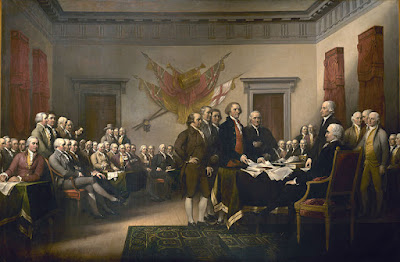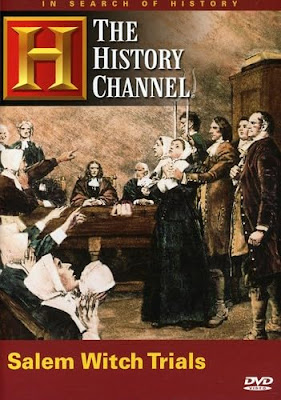“And for the support of this declaration, with a firm reliance on the protection of Divine Providence, we mutually pledge to each other our lives, our fortunes, and our sacred honor.”
In recent decades, our Founding Fathers have been the target of some bitter revisionist attacks. For example, many cannot forgive them for being slaveholders. Many cannot forgive them for infringing on Native American lands, or their “failure” to give women the right to vote – as though that would have been possible in the eighteenth century (which it clearly wasn’t). Racism, sexism, and any number of other modern charges are leveled at the Founding Fathers. In short, the Founding Fathers are judged by various modern standards – which is always a mistake. Things that today are an accomplished fact were, in their own time, completely unattainable. The pace of progress is usually slow, and some problems can only be fixed after several generations have passed. Thus, in the larger perspective of history, the progress in the Founding Fathers’ time was actually astonishingly fast, and more than anyone in that time would have dreamt possible. It is true that our Founding Fathers had some very real flaws, but the revisionist arguments about them seem to have even greater flaws. Few of those who make these arguments have ever studied the Founding Fathers’ actual ideas in any sort of depth. Thus, an examination of the Founding Fathers’ ideas would seem appropriate here, to show that their ideas have actually aged remarkably well. Their ideas can withstand the most vigorous scrutiny, and remain quite relevant … all these years later.
George Mason, one of our lesser-known Founding Fathers









